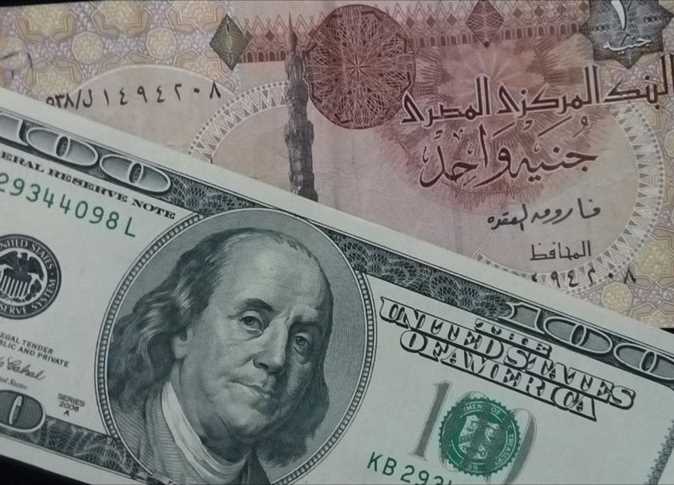Egypt and the International Monetary Fund have agreed on the main aspects of a US$4.8 billion loan and the deal will be ready for implementation by the end of May, predicted regional IMF representative Abdel Shakour Shaalan.
Shaalan, who represents Egypt, 12 Arab countries and the Maldives on the IMF board, made the remarks in Washington, DC, Tuesday to Egyptian reporters accompanying a delegation from the US Chamber of Commerce in Egypt.
However, analysts have painted a less optimistic picture.
An independent report by investment bank EFG Hermes obtained by Al-Masry Al-Youm earlier this week said the government's draft fiscal year 2013/2014 budget "calls for a highly optimistic scenario for economic growth and public revenues."
The report said planned tax reforms in May and subsidy reforms in July make up a timeline that is "highly unlikely."
"The government is not [in] a position to introduce these various inflationary reforms (sales and stamp taxes, reduced subsidies and VAT) in a time span of only eight months, in our view, especially considering that parliamentary elections are planned for late 2013. In addition to the social and political considerations, we see the timeline as unlikely from a purely administrative/logistical perspective," the report reads.
Officials have been saying since late last year that the loan deal was nearing completion, although IMF delegates left Cairo earlier this month with no agreement.
In December, an initial agreement failed after President Mohamed Morsy rescinded a package of tax increases.
Shaalan said Cairo could initially receive the first $2 billion of the loan, with the remainder paid in three phases. The proposed loan would be repaid over three years with a nominal interest rate of 1.1-1.5 percent.
Speaking about the loan conditions the IMF presented, Shaalan said, “It is the whole reform program the Egyptian government had introduced, especially in relation to lifting petroleum subsidies, which starts in the beginning of July, as well as decreasing the general budget’s deficit from 12 percent to 9 percent, liberating trade, preventing restrictions on exports and imports, fewer protectionist measures, and liberating the price of the Egyptian pound against the US dollar.”
Shaalan urged the Egyptian government to reform subsidy policies to ensure the aid reaches those most in need.
Concerning the IMF’s request for changes to Egypt’s sales tax brackets, Shalaan said both sides had already agreed to unify sales taxes and raise them closer to 10 percent.
Edited translation from MENA




